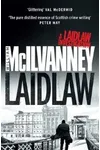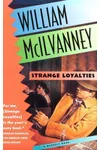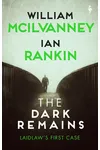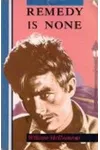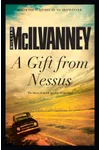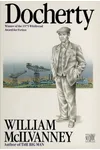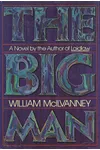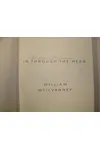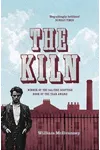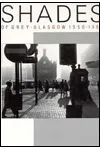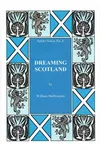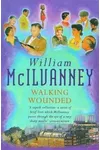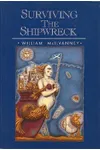Picture a Scottish storyteller who spun gritty, poetic tales of Glasgow’s underbelly—meet William McIlvanney! Known as the godfather of Tartan Noir, McIlvanney’s novels, like Laidlaw and Docherty, blend raw emotion with sharp social commentary, capturing the heart of working-class Scotland. His vivid prose and philosophical detectives redefined crime fiction, inspiring giants like Ian Rankin and Val McDermid.
Born in 1936 in Kilmarnock, McIlvanney’s life was steeped in the struggles and dreams of Scotland’s industrial heartland. His work, both tender and tough, remains a beacon for readers craving authentic, soul-stirring stories.
The Making of William McIlvanney
William Angus McIlvanney grew up in Kilmarnock, the youngest of four children in a former miner’s family. His mother, an avid reader, filled their home with books, sparking young Willie’s love for words. At Kilmarnock Academy, he edited the school magazine before studying English at the University of Glasgow, earning an MA in 1960. Teaching English until 1975, McIlvanney honed his craft, drawing from the gritty realities of his working-class roots and the vibrant pulse of Glasgow’s streets.
His early years as a teacher at Greenwood Academy gave him time to write, but it was the success of his novels that allowed him to leap into full-time writing. A lifelong socialist, McIlvanney’s stories carried the weight of his beliefs, championing the resilience of ordinary people.
William McIlvanney’s Unforgettable Stories
McIlvanney’s breakthrough came with Docherty (1975), a poignant saga of a miner’s family enduring the Depression. Winning the Whitbread Novel Award, it cemented his reputation as a voice for Scotland’s working class, with dialogue so authentic it moved ex-miners to tears. The novel’s hero, Tam Docherty, embodies the dignity and defiance of a generation.
Then came Laidlaw (1977), the gritty crime novel that birthed Tartan Noir. Detective Inspector Jack Laidlaw, a philosophical loner with a taste for Kierkegaard and whisky, navigates Glasgow’s mean streets to solve a teenager’s murder. Its sequels, The Papers of Tony Veitch (1983) and Strange Loyalties (1991), deepened Laidlaw’s complex character, earning Silver Daggers and the Glasgow Herald’s People’s Prize. McIlvanney’s prose—lyrical yet unflinching—paints Glasgow as both brutal and compassionate, blending hardboiled grit with existential depth.
Other gems include The Big Man (1985), a tale of an unemployed man’s descent into bare-knuckle fighting, later adapted into a film with Liam Neeson, and The Kiln (1996), a reflective sequel to Docherty following Tam’s grandson. McIlvanney also penned poetry (The Longships in Harbour, 1970) and essays, showcasing his versatility.
Why William McIlvanney Matters
McIlvanney’s influence on Scottish literature is monumental. His Laidlaw trilogy inspired a wave of Tartan Noir writers, from Ian Rankin’s Rebus to Denise Mina’s gritty thrillers. By marrying crime fiction with working-class realism, he gave voice to a Scotland rarely seen in literature, blending raw humanity with poetic grace. His work transcended genre, earning him comparisons to Camus and Kafka.
After his death in 2015, tributes poured in from Nicola Sturgeon to Irvine Welsh, celebrating his warmth and literary genius. The McIlvanney Prize, awarded by Bloody Scotland, honors his legacy, while his books, republished by Canongate, continue to captivate new readers.
- Born: November 25, 1936, Kilmarnock, Scotland
- Key Works: Docherty, Laidlaw, The Papers of Tony Veitch, Strange Loyalties, The Kiln
- Awards: Whitbread Novel Award (1975), Geoffrey Faber Memorial Prize (1967), Silver Daggers, Glasgow Herald’s People’s Prize
- Died: December 5, 2015
Snag Laidlaw or Docherty and dive into McIlvanney’s gripping world of Tartan Noir and working-class heart!
